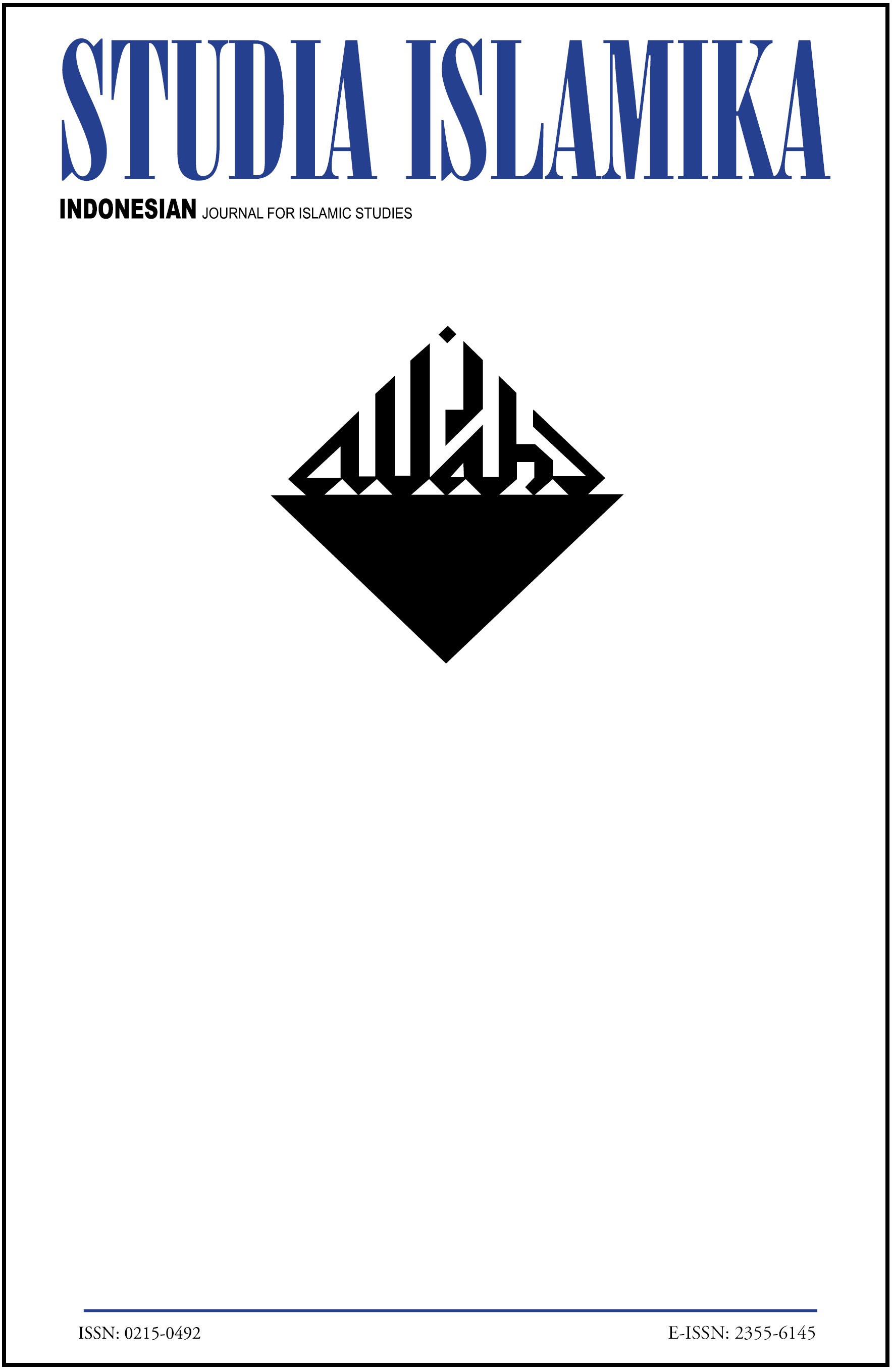Abstract
There are at least two interesting facts about Indonesia and the Muslim world. First, Indonesia is the largest Muslim country in the world. With more than 260 million people, Indonesia is the 4th most populous country in the world, and here Islam is the most adhered to religion. With approximately 87 % of its population are Muslims, the largest Muslim population in one country lives in Indonesia.Second, a large number of Muslim majority countries are not Arabs. According to the Pew Research Center, approximately 20 percent of Muslims live in Arab countries. Turkey and Iran, two non-Arab countries, are the largest Muslim-majority countries in the Middle East. Meanwhile, South Asia and Southeast Asia cover around 62 percent of the world’s Muslims. Indonesia alone is home to 12.7 percent of all world’s Muslims.These two facts show Indonesia’s unique position in the Islamic world. On the one hand, Indonesia is one of the farthest countries from the Arab World, but Islam that comes from there has been deeply rooted in the daily lives of many Indonesian Muslims. On the other hand, Indonesia which was colonized for more than three hundred years by Western colonialism, did not take for granted the influence of Arab cultures, and even more in contact with modernity, both directly and indirectly introduced by way of colonialism.Authors who publish with this journal agree to the following terms:
- Authors retain copyright and grant the journal right of first publication with the work simultaneously licensed under a Creative Commons Attribution License that allows others to share the work with an acknowledgement of the work's authorship and initial publication in this journal.
- Authors are able to enter into separate, additional contractual arrangements for the non-exclusive distribution of the journal's published version of the work (e.g., post it to an institutional repository or publish it in a book), with an acknowledgement of its initial publication in this journal.
- Authors are permitted and encouraged to post their work online (e.g., in institutional repositories or on their website) prior to and during the submission process, as it can lead to productive exchanges, as well as earlier and greater citation of published work.
Downloads
Download data is not yet available.

